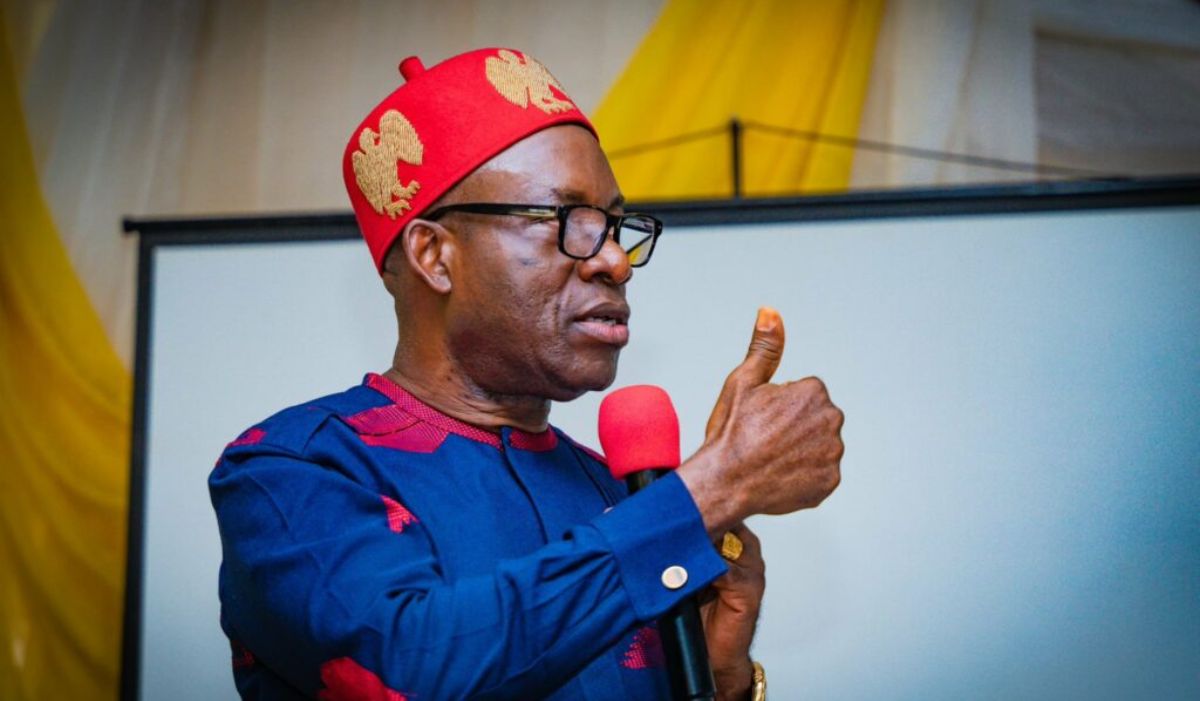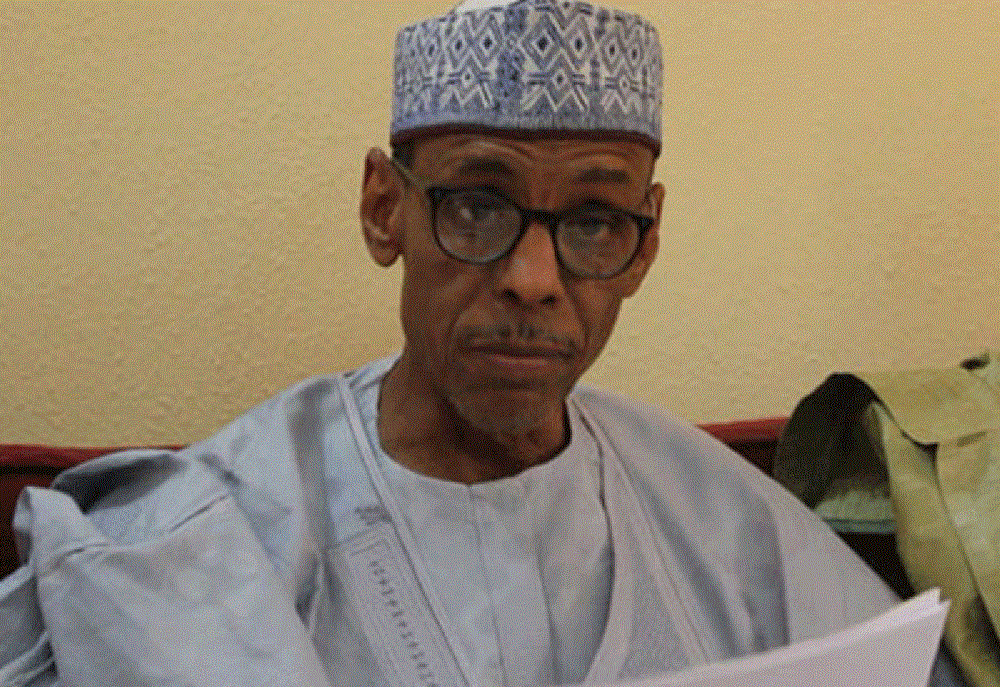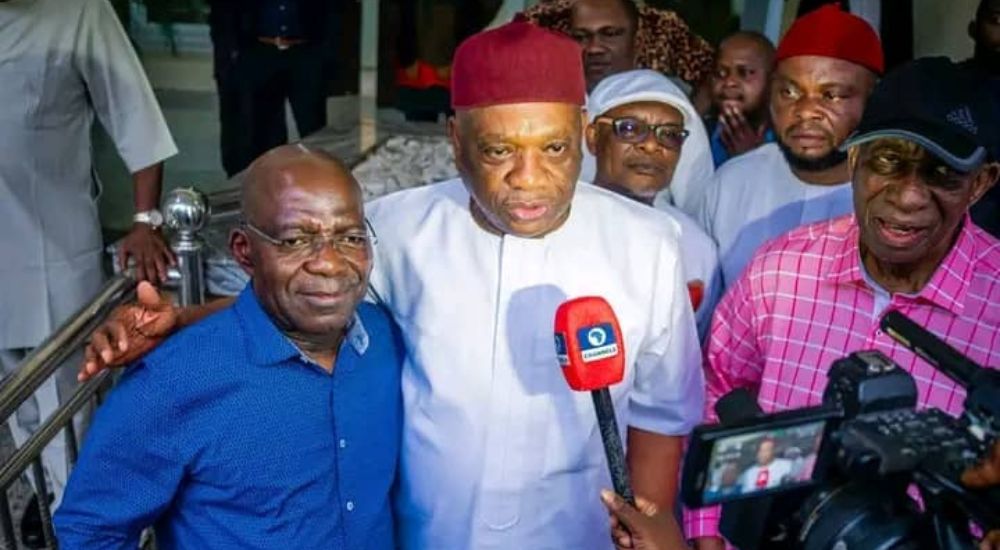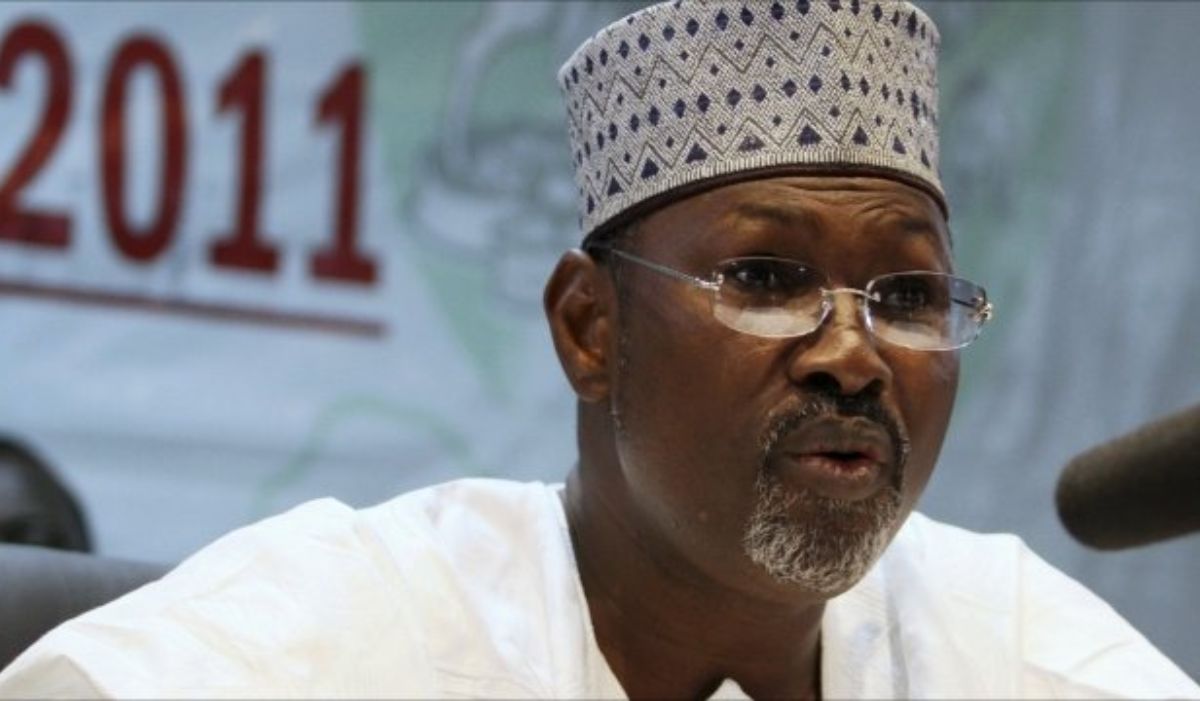Soludo Calls for Ideological Revolution in Nigerian Politics

Anambra State Governor Professor Charles Soludo has delivered a scathing critique of Nigeria’s political landscape, arguing that the country’s major political parties have abandoned ideological foundations in favour of opportunistic power-grabbing.
Speaking at The Platform Africa event on nation-building, Soludo outlined a blueprint for what he termed Nigeria’s “second liberation struggle against underdevelopment,” calling for fundamental changes to restore meaning to the country’s politics.
Governor Soludo argued that Nigeria’s political system has lost its ideological compass, reducing parties to mere vehicles for elite interests.
“What we have is one party, and the name of that party is Nigerian Elite PLC, NEP, with the sole goal of grabbing power and governing—or, quote, ‘as the spirit directs’—a government by consultants and bureaucrats,” he declared.
The governor emphasised that ideology should be the foundation of political organisation:
“Ideology is a system of ideas, beliefs, and ideals which define our worldview about the economic, social, and political organisation of a society to guarantee the happiness, liberty, and welfare of citizens.”
Soludo contrasted Nigeria’s current political landscape with the ideologically driven parties of the Second and Third Republics, lamenting that “we seem to have developed backwards, as the gains of the Second and Third Republics in terms of rigorous ideological debates and struggles have literally disappeared.”
He recalled the clarity of purpose that characterised parties like the Unity Party of Nigeria (UPN):
“UPN then, for example—one of us was in UPN, if I remember—had four core programmes: something like free education at all levels, free healthcare at all levels, comprehensive rural development, and a strong national economy.”
The governor noted how these ideological commitments translated into predictable governance:
“All the six states controlled by our former family members in UPN implemented these programmes on free education and free medical services.”
Taking aim at Nigeria’s dominant political parties, Soludo posed a provocative question:
“Can you tell an APC or PDP state if you see one?” He argued that the lack of ideological differentiation has made governance unpredictable and inconsistent.
”Today, parties—so what is the difference? I don’t know how many politicians today can stand up and explain or defend the ideologies of their political parties,” Soludo observed, noting that political discourse has deteriorated from the robust ideological debates of previous eras.
The governor criticised the ease with which politicians switch parties as evidence of the absence of principles:
”Indeed, the speed with which people switch parties is a testament to their political parties being platforms of convenient opportunism—no principles, no public purpose, only personal confidence.”
Even the ruling All Progressives Congress (APC), which Soludo acknowledged “started off as a marriage of confidence with the merger of ACN, ANPP, and factions of APGA and PDP with the goal of grabbing power,” needs ideological grounding after a decade in power.
Soludo revealed his research into Nigeria’s registered political parties, describing their manifestos as largely identical:
“I have reviewed the objectives and programmes of almost all the registered political parties in Nigeria today, and I can confirm that they are largely, quote, ‘copy and paste’—just enough to scale through registration by INEC.”
He noted that most parties claim to subscribe to social democratic ideals, leading to a paradoxical situation:
“So ideologically speaking, there are no opposition political parties in Nigeria. Any reference to, quote, ‘opposition parties’ is mere semantics and, at best, refers to factions of the same Nigerian elite PLC, currently excluded from the dining table.”
The governor highlighted how the absence of ideological coherence creates opposition within parties themselves:
“In many instances, the executive still has to, quote, ‘lobby’ members of his own party in the legislature to support his agenda. So, in many cases, the real opposition is even factions within the same party.”
Soludo’s prescription for change involves two key elements: giving politics an ideological soul and fostering ethical rebirth among Nigerians.
“The organisation and citizenship required for sustainable nationhood and success in the second liberation struggle against underdevelopment—first, we must give our politics a soul by intentionally orchestrating ideologically driven political parties. Second, a new Nigerian must be born again through ethical values of life.”
He emphasised the urgency of reform:
“The time for both to happen was yesterday, but today is still on time—because tomorrow may be too late.”
The governor concluded by arguing that ideological organisation offers a path to national unity:
”Organising Nigerians around ideological devices is a sustainable way to mobilise citizens across ethnic and religious divides.”
Soludo’s comprehensive critique and reform agenda reflect growing concerns about the direction of Nigerian politics and call for a return to principle-based governance that characterised earlier democratic experiments in the country.





